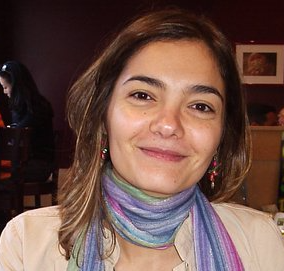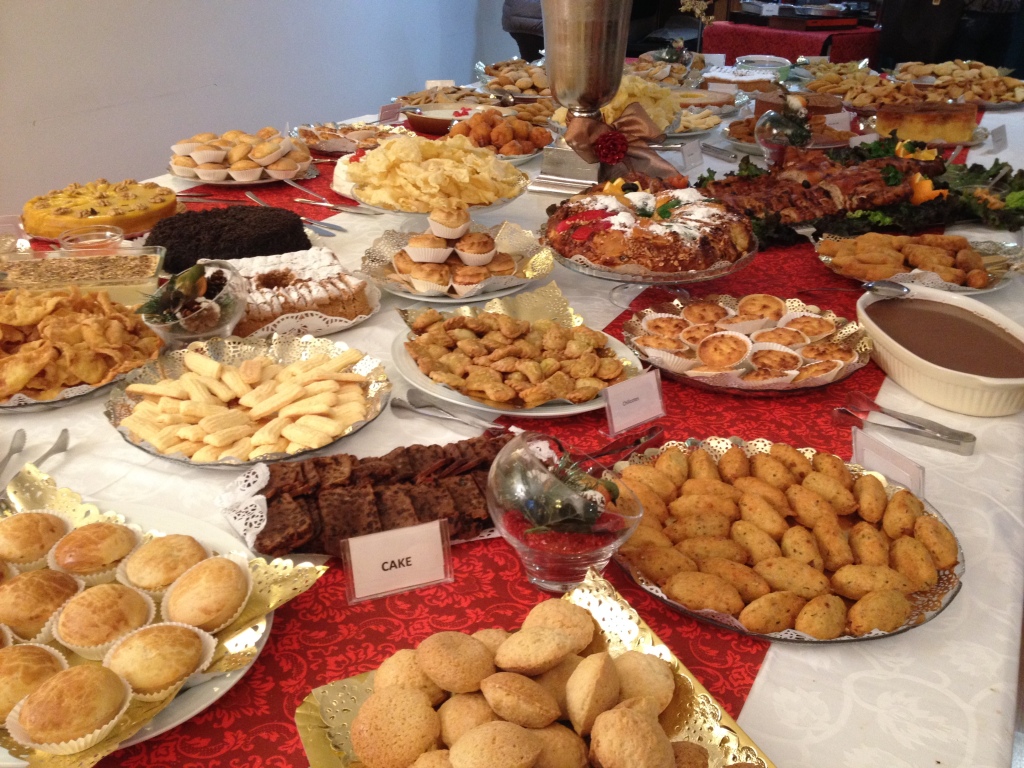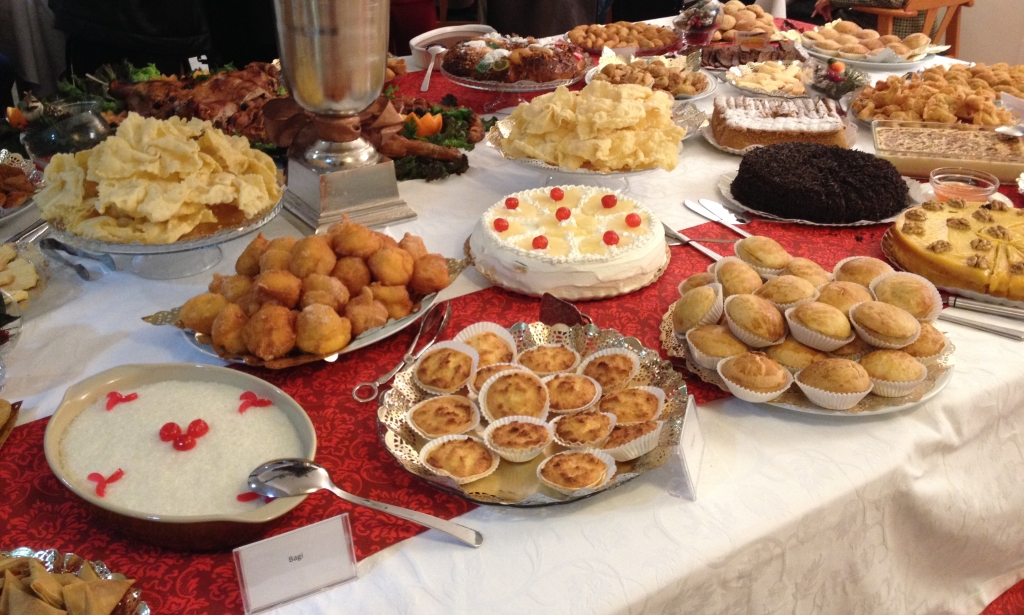Marisa C. Gaspar
EN/PT
Macanese Identity: What Future? This was an exercise of reflection, proposed to take place in a round table format, as part of the Fundação Oriente’s program of activities to mark the 20th anniversary of Macao’s handover and the establishment of the Special Administrative Region of the People’s Republic of China, the MSAR. My participation in the event coincided, concurrently, with the revisiting of my greatest work on the Macanese Eurasian community – the local offspring – and its network of actors and social interactions in the context of building identities against the backdrop of complex political and economic processes that are simultaneously local and global, in the sociocultural space of Macao. The question, very similar to the questions and issues raised by my PhD research, was once again asked to me, now, in the temporal spectrum of 20 years of the MSAR’s history.
In this timeline, Macao went through accelerated physical and social transformations caused by the vertiginous growth of the gambling economy which year after year surpasses itself, attracts new populations of migrant workers, and millions of mainland Chinese tourists to try their luck in the casinos, visit the overcrowded historic area demarcated as World Heritage Site and satisfy their exquisite appetite and curiosity with food delicacies that the UNESCO city of gastronomy has to offer. In such a context, how are the Macanese doing and how do they imagine their future in this new Macao? The feeling of a certain identity crisis among the Macanese, coupled with the great political, economic and social changes that the opening of Macao to China and to the world brought about, comes, for some of them, with the need to prepare the new generations to live in a more competitive and demanding society; and for others, with the inevitable disappearance of the traditional ‘way of being’ and living of the Macanese community. The fact that it is not consensual, among the Macanese, how each one stand for as a member of this ‘imagined community’ – especially in situations of major social change – explains their identity variations and personal identity choices over time. It is the Macanese themselves who create their identity (personal and collective) – and their necessary identity ambivalence – resulting from procedures of inclusion and exclusion according to private interests and from the public interpretations that underlie them in each historical period.
The Macanese have now assumed a cultural survival strategy as global, multiethnic and multicultural individuals, whose competitive advantages are found in the maintenance of their identity difference, today mainly associated with the recognition and safeguarding of an intangible cultural heritage unique in the world. The creole cuisine and the Patuá language of the Macanese, rooted in a blend of eastern and western cultural and ethnic elements with a marked Portuguese influence, have developed throughout the centuries in the cosmopolitan and multiethnic cohabitation space that has always defined Macao. These cultural manifestations of the Macanese, recognized as heritage were, as such, elevated to become the main sociocultural markers of the community’s identity, regardless the ethnic composition or family backgrounds of its members.
It is as a symbol of a particular vision of Macao’s history – a melting pot between East and West (or China and Portugal), adding to the political commitment under the principle of “one country, two systems” in which the Macao SAR was established, – where the origins and evolution of the Macanese community merge and give it substance, that the Macanese are once again repositioning themselves in line with the identity project under way in the MSAR. The claim for a Macanese unique creole culture and identity, and its institutional recognition as intangible cultural heritage, reveals the search for a new logic of benefits through practices that legitimize the historical, ideological and symbolic contribution that Macao represents to China. The inclusion of the Macanese Gastronomy and Patuá Theatre performances on the list of Intangible Cultural Heritage of the People’s Republic of China in June 2021, nine years after the items were listed as MSAR heritage, are illustrative of how the legitimization and projection of these ethnic and cultural identity markers have renewed, among Macanese living in Macao and abroad, the historical importance of the community and its traditional role as cultural mediators at a local, national and international level.
The recognition of the Macanese community and its singular ethnic and cultural identity, now legitimized as China’s national heritage, not only testifies the resilience of the Macanese community, but it also tells the story of Macao over the centuries. The Macanese heritage, reiterated by the political authorities of Macao and China over the 20 years of the establishment of the MSAR, highlights the region’s role as a promoter of multicultural exchange and coexistence in the context of major political-economic cooperation projects between Macao and China, be they the creation of the Greater Bay Area of Guangdong – Hong Kong – Macao, the strengthening of commercial and cultural relations with Portuguese-speaking countries, or the global Belt and Road Initiative.
But, will the Macanese of the future be the same as those of the present? Are those of the present like those of the past? The answer is unanimous: no! If there is anything the ethnography of the Macanese community highlights, it is its resilience and capacity to adapt to the new circumstances. From their ancestors, the Macanese learned to be creative and useful to Macao’s society. At the present time, the government of the MSAR is committed to promote, through tourism, cultural traditions and local heritage representations by restoring an ancestral past and building bridges to the future, on the one hand, of the city that aspires to be an international center for tourism and leisure and, on the other hand, of the identity of the Macanese that, such as the bamboo, it is flexible and fluid, reinventing itself permanently. What will be, in the future, the creative resources and aspirations of the following generations (or of the leaders of these emergent generations who will replace the leaders of the previous ones) regarding the social and cultural reproduction of the Macanese community? The safeguarding of the intangible cultural heritage – and since they are inseparable, of the identity – of the Macanese, which is actually heritage of the MSAR and national heritage of China, have assumed absolute centrality to the community. As it seems to be, the celebration of the Macanese people’s singularity that illustrates the memory of the ambivalent encounter between the two extremities of the Eurasia (China and Portugal), should be one of those valuable creative resources to be used.
About Marisa:

Marisa C. Gaspar holds a PhD in Social Anthropology. She develops research activities as a Postdoctoral Research Fellow at SOCIUS/CSG – Research Centre in Economic and Organizational Sociology of the Lisbon School of Economics and Management (ISEG), Universidade de Lisboa, and as Visiting Researcher at the Institute of European Studies of Macao. Her current research interests are on cultural and gastronomic tourism in Macao, Macanese community, social change, identity and ambivalence, intangible heritage, anthropology of economy and politics. She is the author of several academic articles and of her most recent book, Heirs of the Bamboo: Identity & Ambivalence among the Eurasian Macanese (2020) published by Berghahn Books.


One thought on “Identity as a Creative Resource of the Macanese”